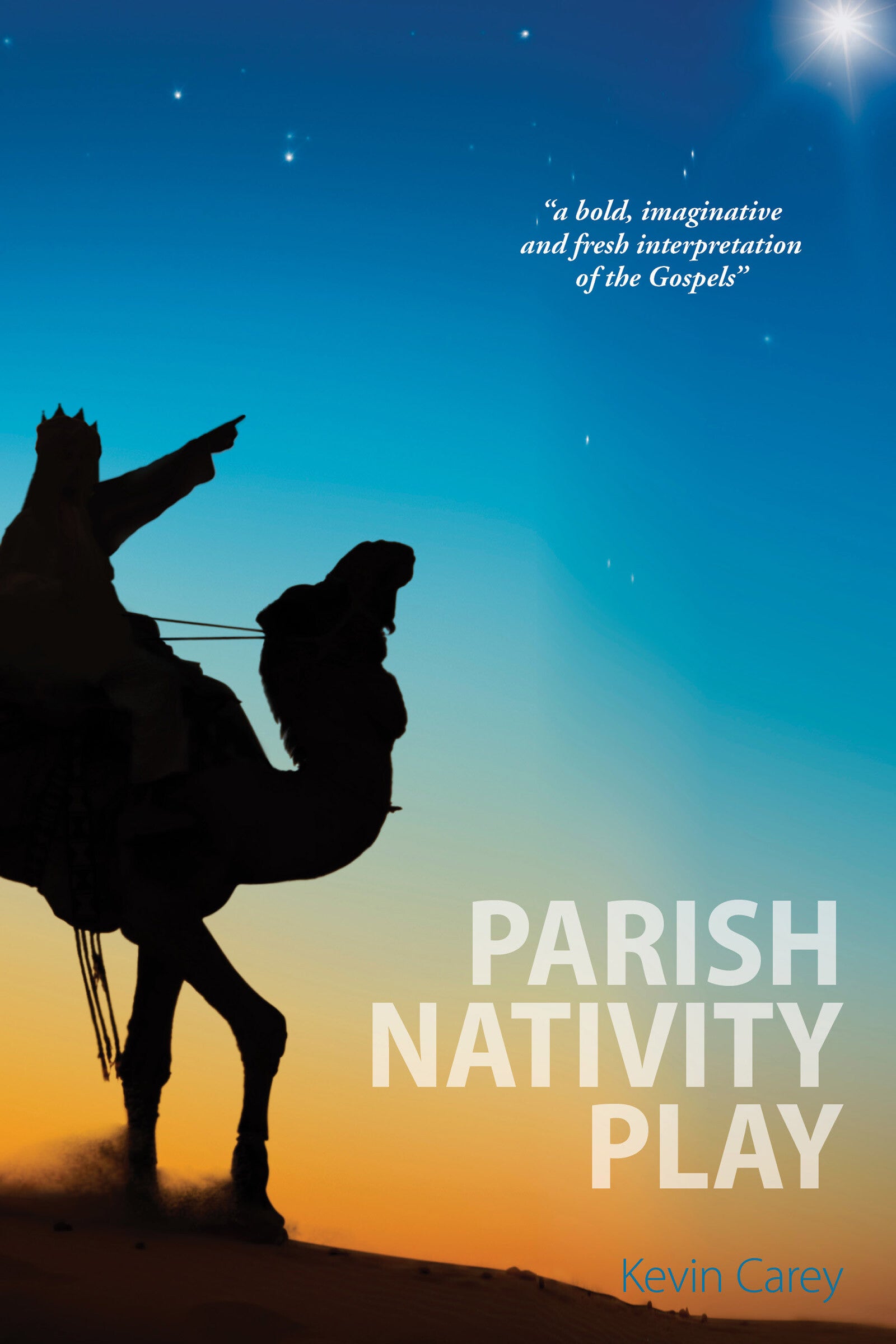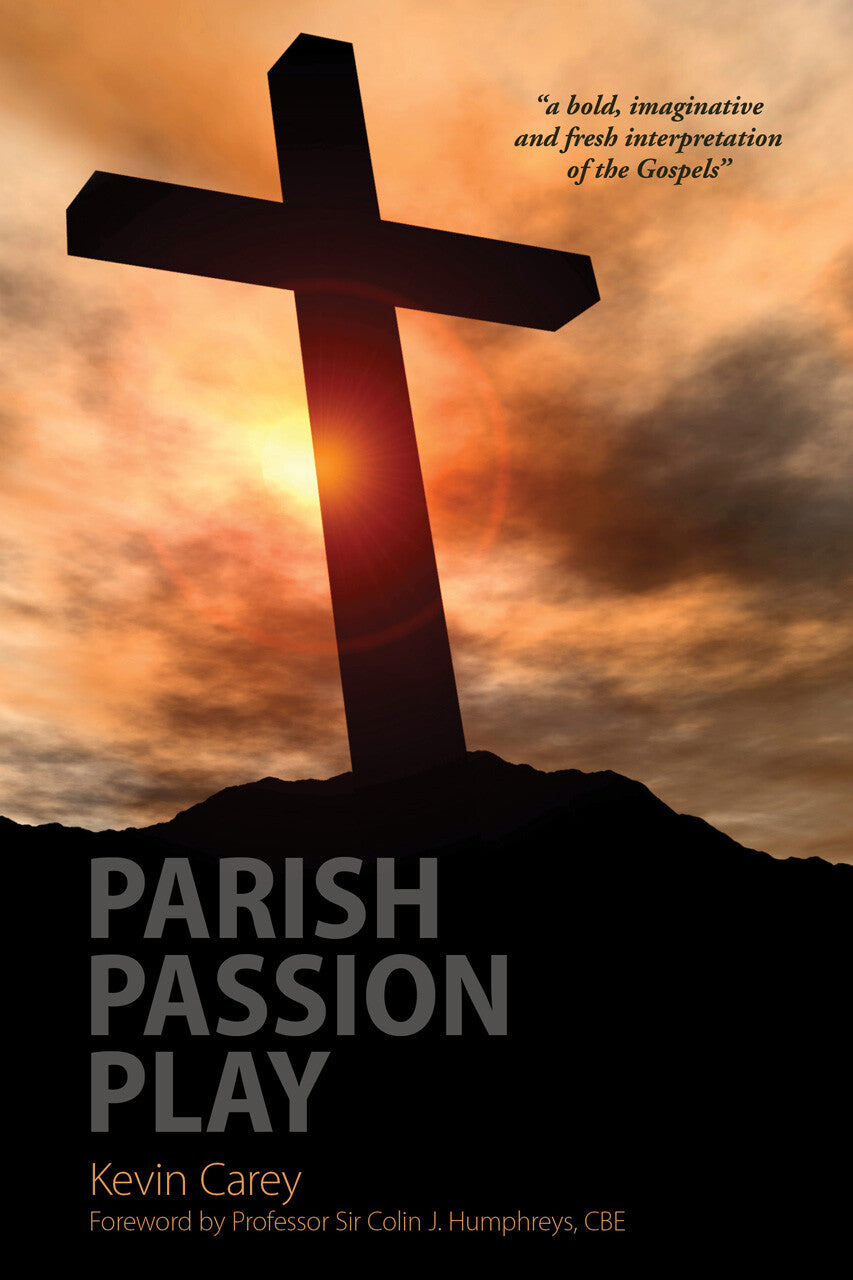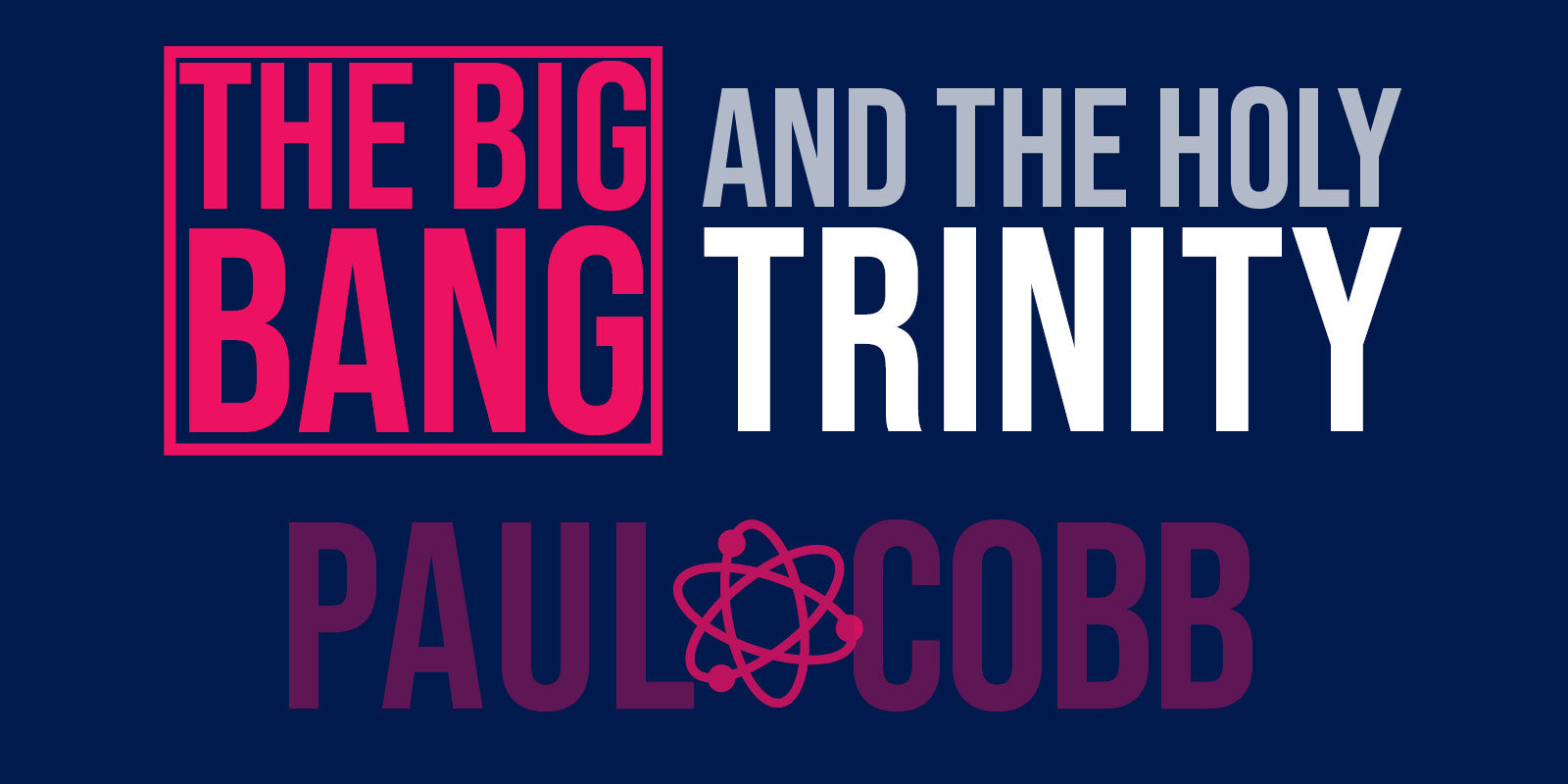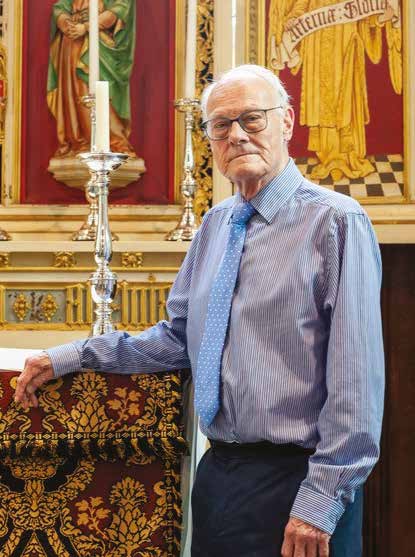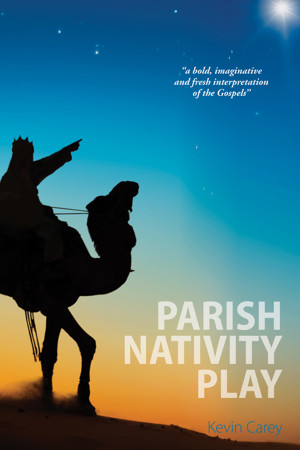 GUEST BLOG: How can we reinvigorate the Christmas story in today’s world and incorporate adults into the increasingly popular ‘nativity play’ format? #BookOfTheMonth author Kevin Carey might just have an answer…
GUEST BLOG: How can we reinvigorate the Christmas story in today’s world and incorporate adults into the increasingly popular ‘nativity play’ format? #BookOfTheMonth author Kevin Carey might just have an answer…
The Western World has almost lost Easter, reduced as it is outside Christian communities to chocolate rabbits and eggs and often inside Christian communities to a single day.
If we go on the way we are now, Christmas will soon follow. Under the pressure of the secular need for gratification, exemplified in the man in the red coat, the celebrations which once took place during the Twelve Days of Christmas have slipped into Advent, so that Christians who try to observe that penitential season will appear to be churlish if they refuse to attend office or community Christmas parties. The consumer push begins now even before Hallowe’en, and carols which serenade us throughout December disappear by Boxing Day.
But any reference to Christian parish attendance figures will know that the children’s nativity play has never been more popular. In my own Church its popularity has become so great—at the expense of Midnight Mass and Morning Eucharist—that we now have to have two sessions of boy shepherds in tea towels and girl angels with golden wings in performances which, with a grumpy inn keeper and a villainous Herod, are barely distinguishable from pantomime.
These changes have reduced Christian adults to proud spectators of their children and grandchildren, increasingly confining their Christmas observances to one Eucharist. I therefore decided to try to correct this imbalance by writing a nativity play for adults.
Writing such a play presented an opposite challenge to my Parish Passion Play: whereas in that case I had too much material, in this case I had too little, with the accounts of Matthew and Luke as the core. As these two accounts are materially different and do not overlap, the discrepancies can be reconciled, but I decided to face head-on such problems as the kind of place Jesus was born and the relationship between the Wise Men and the Star. This play, therefore, begins in the great Library at Alexandria so that the sages could see a star in the East and travel east. As for the famous—and endearingly sentimental—stable, I chose to translate the Greek cataluma as ‘dwelling-house’ rather than ‘tavern’ and combined this with the probability that if Mary and Joseph were travelling to their tribal roots in Bethlehem they would have found a relation to stay with. Whichever way you translate cataluma, Jesus was in all likelihood born among humans, but was placed in the ground floor quiet of a manger.
This kind of historical nit-picking seems to offend Christians less than the traditionalist public, but I made these decisions in order to make the play slightly out of the ordinary, which any new play must be. More important was the opportunity to concentrate on the Christology of the Incarnation. There are shepherds, angels, an innkeeper and Herod but there are also many other parts, large and small, for a combination of adults and children and because the play is written to be read out, not learned by heart and acted, a good performance can result, as it has with my Parish Passion Play, from one thorough rehearsal.
As the main focus is on the Wise Men, the play is ideally performed between Christmas and the Epiphany rather than as a play in Advent. Again, reverting to earlier remarks, we are well on the way to losing the Epiphany and so a timely performance may bring that wonderful feast back into perspective.
The core of the play is book-ended by an expansion of Luke’s account of the birth of John the Baptist and the discovery of Jesus by his parents in the Temple, discoursing with the elders, both of which allow for some deepening of our theological perspective; but no festive play would be complete without some humour: not so broad as that found in medieval mystery plays but, I hope, mildly amusing.
No doubt some people will simply enjoy reading the play but, as with most drama, the text is more alive when it is spoken than when it is read in solitude.
I hope that this new approach will enliven the Christmas experience.
Parish Nativity Play is our November #BookOfTheMonth. Bring the Christmas narrative to life with Kevin Carey’s moving interpretation, suitable for all acting abilities, ages, and experience levels. Get your copy here—“production multipacks” are available at substantial discounts!

